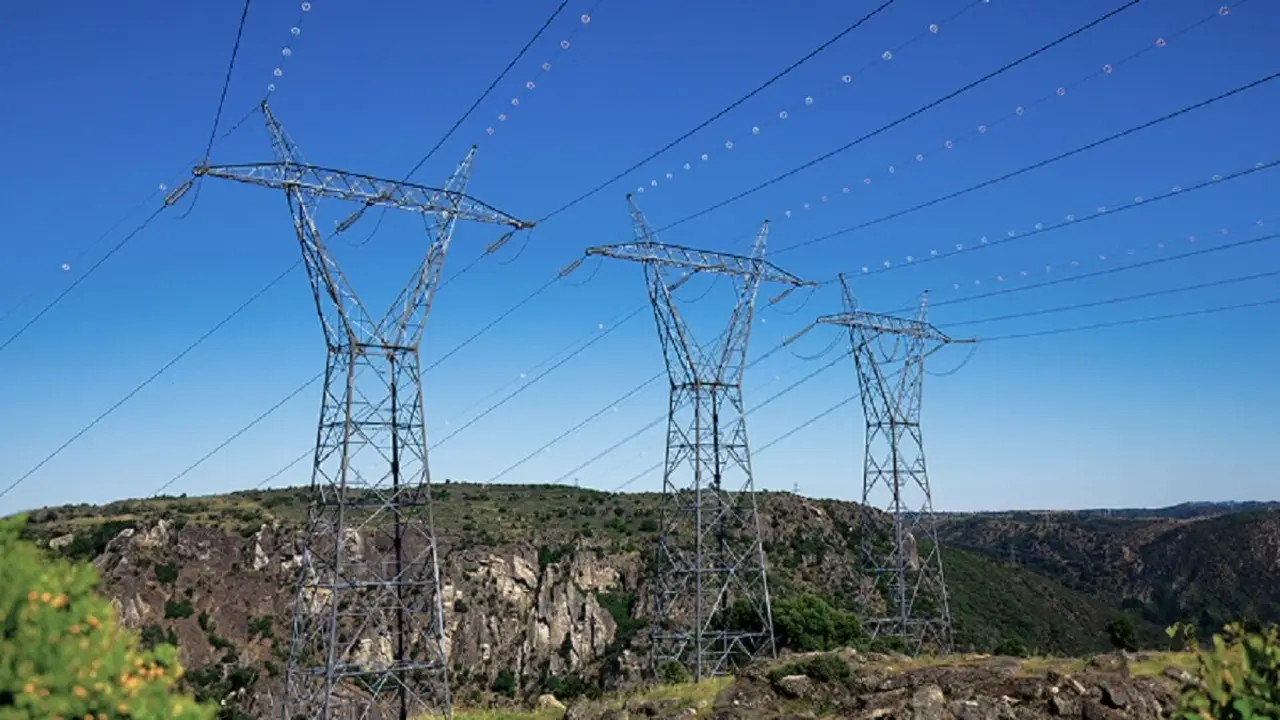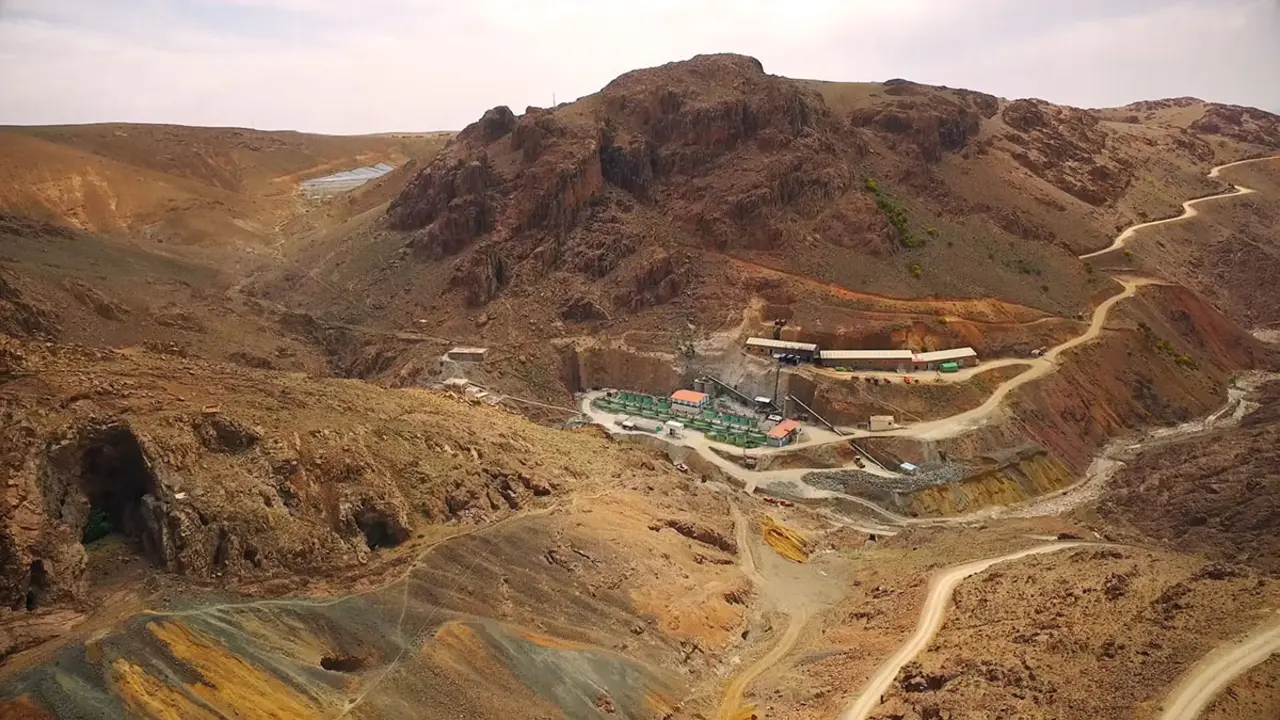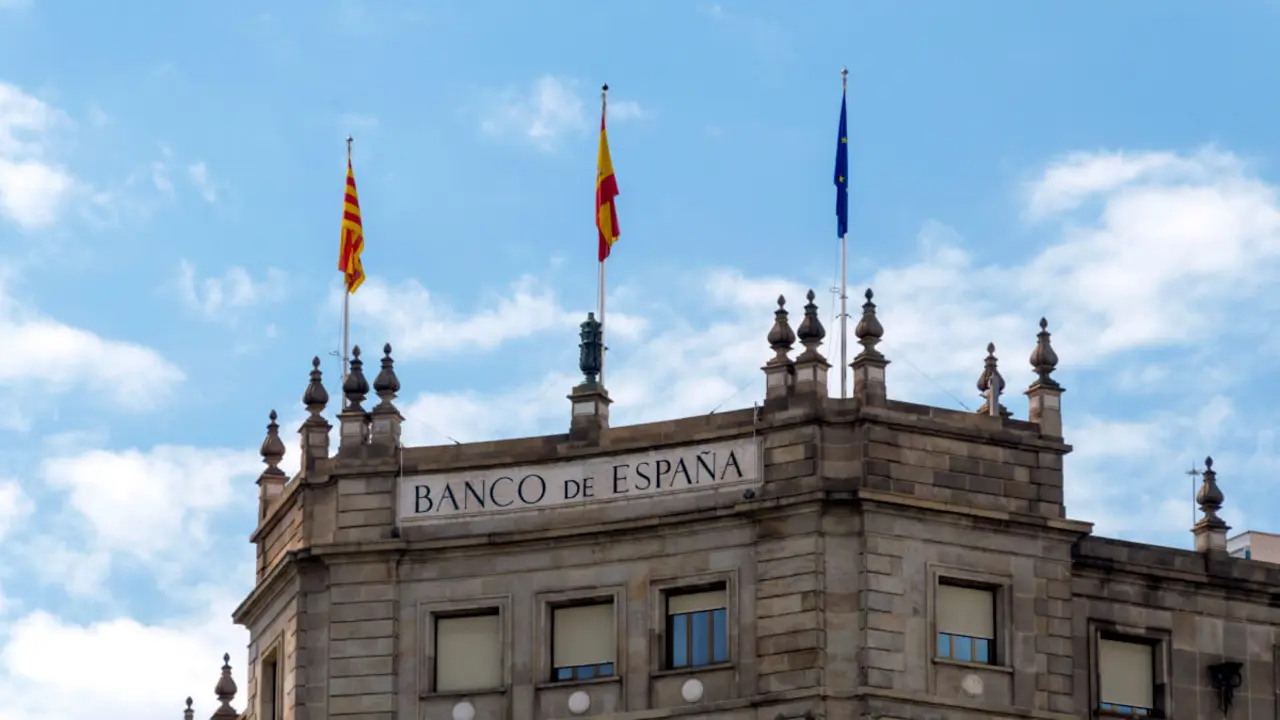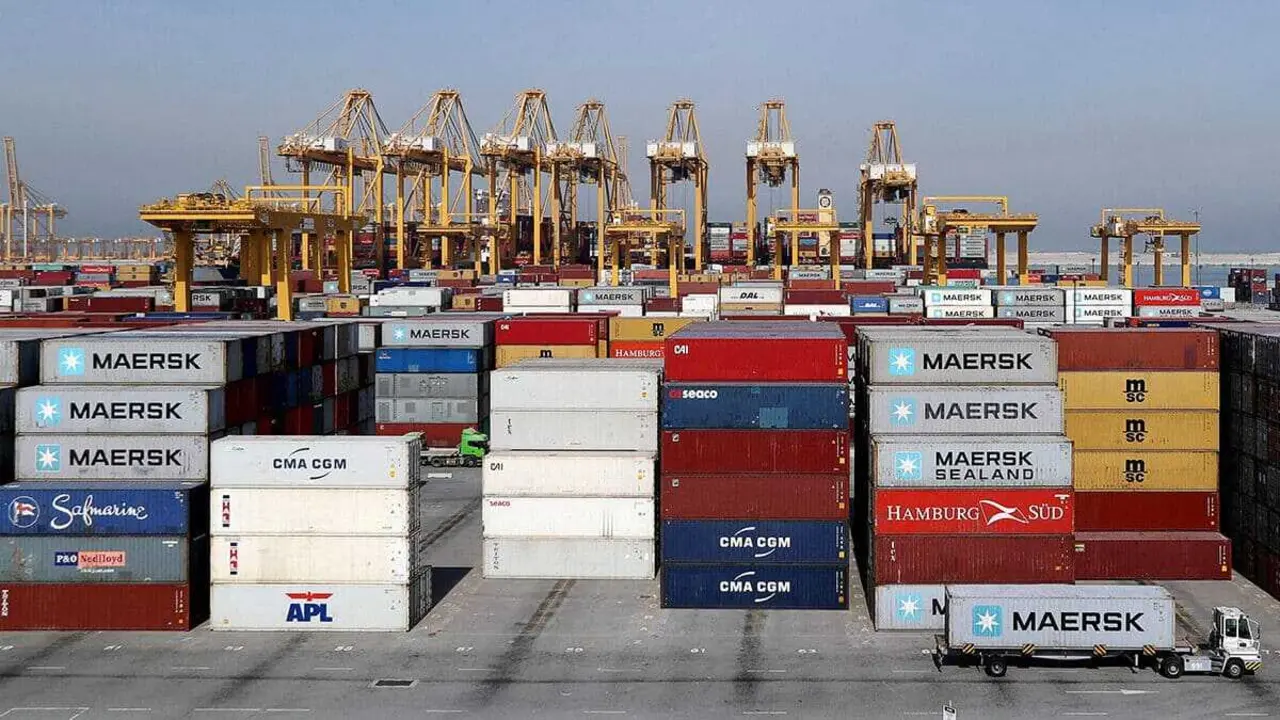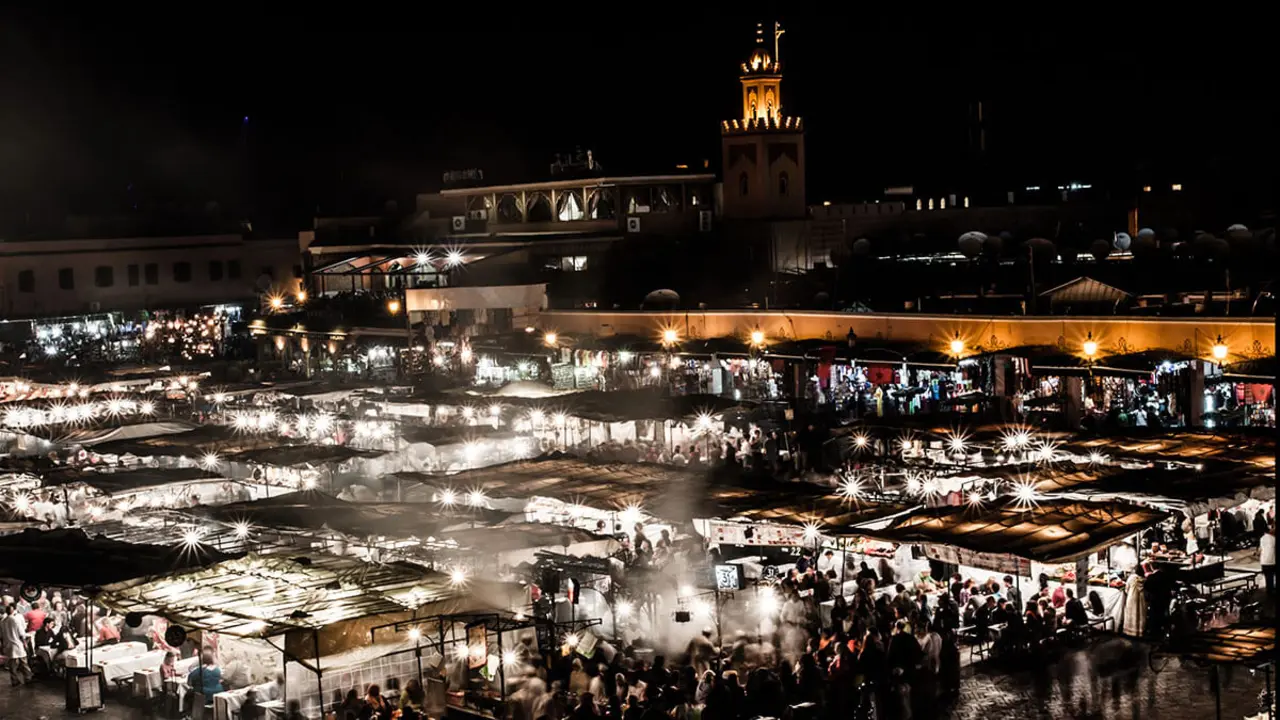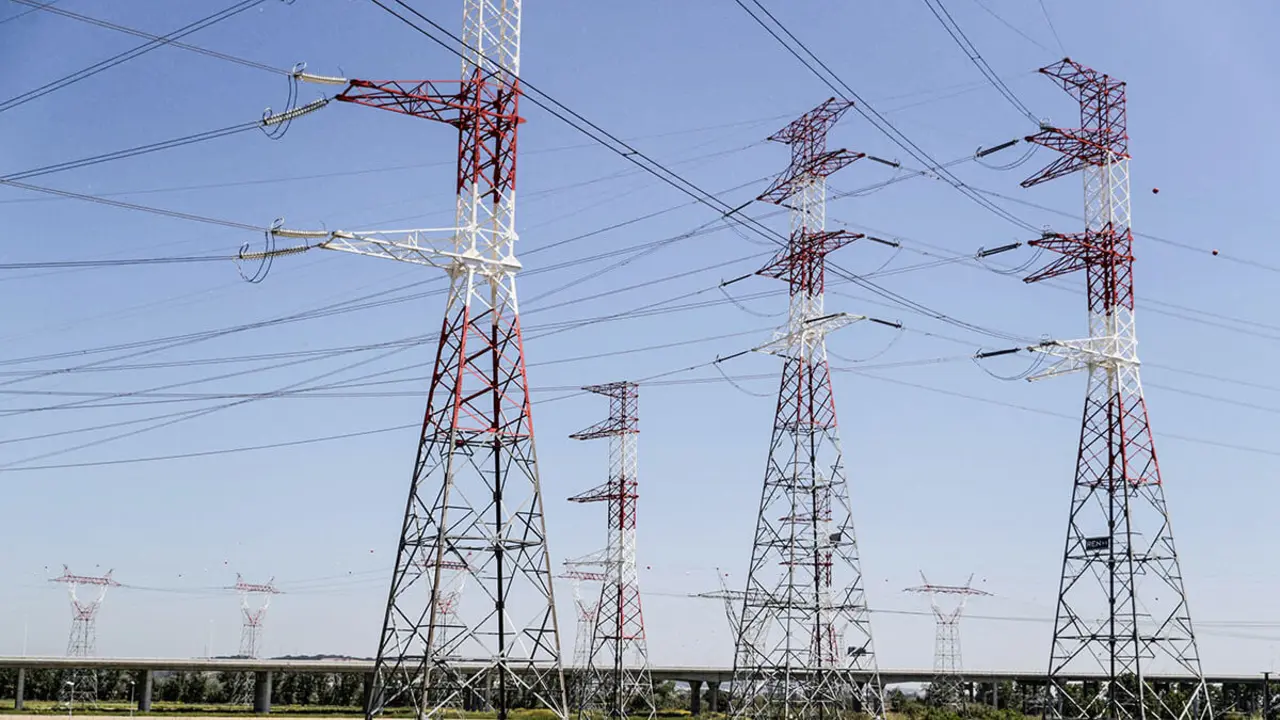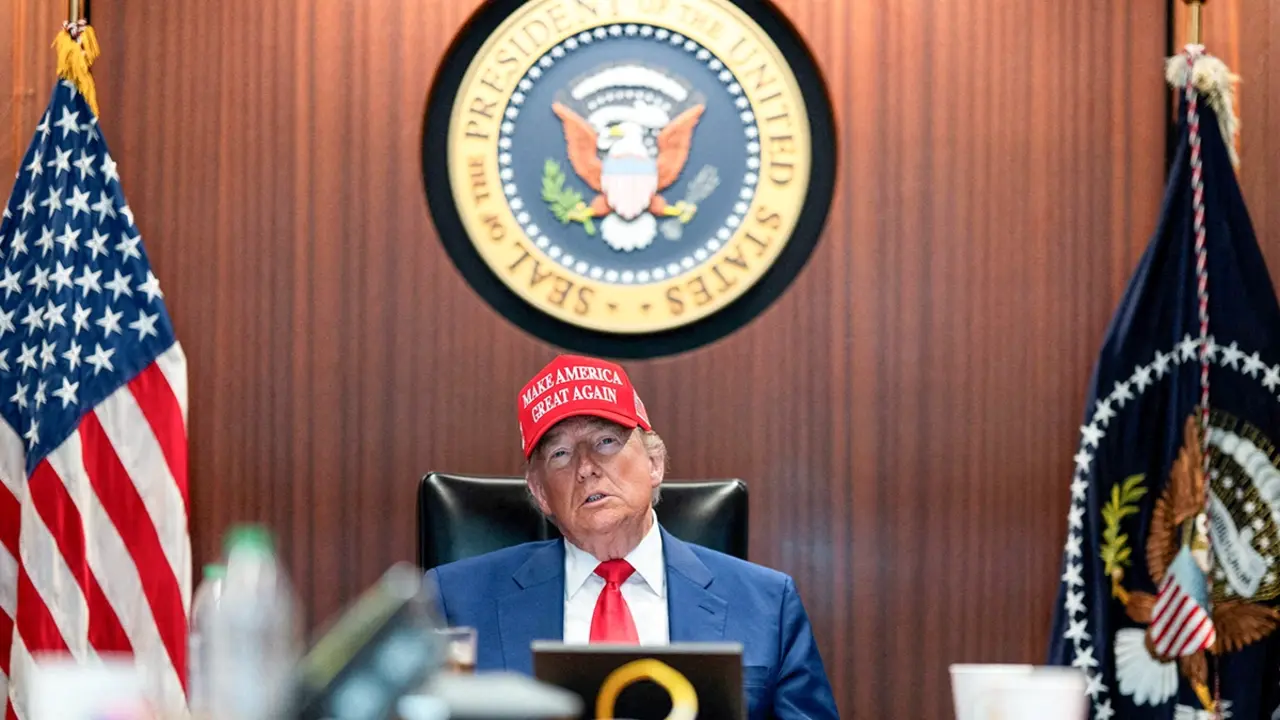Business cooperation between the two sides of the Atlantic to overcome the COVID-19 crisis
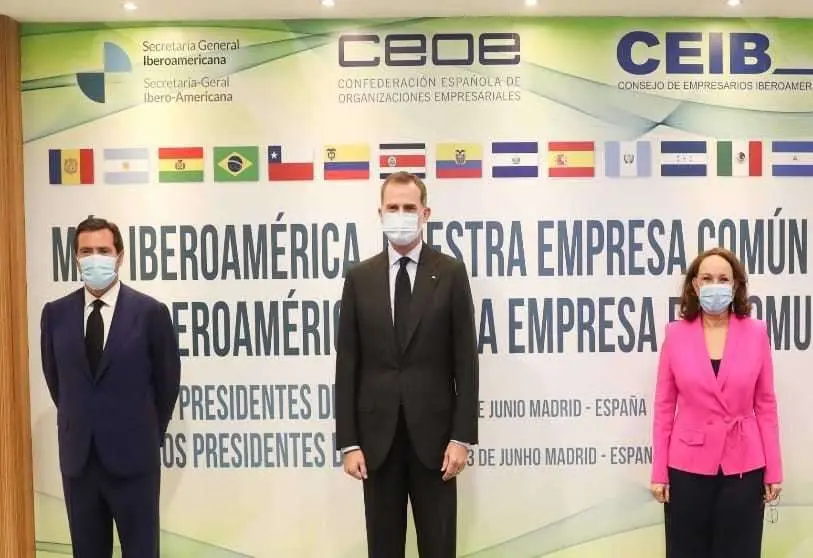
The current COVID-19 pandemic is having an unprecedented effect on business and economic activity. Economists warn that the global economy has never before frozen as a result of general population confinement. Cooperation is essential to overcome this situation of uncertainty. With the aim of promoting dialogue between the two sides of the Atlantic, the CEOE (Spanish Confederation of Business Organizations) has organized this Wednesday at its headquarters in Madrid a dialogue chaired by king Felipe VI and in which 23 Latin American business leaders have participated via videoconference, according to a press release from the organization sent to the media.
The presidents of the Latin American business associations have analyzed the priorities to be followed in order to emerge stronger from the crisis and take advantage of the opportunities of this strange moment. These leaders have agreed that it is time to join forces and undertake a crusade for investment promoted from the highest level to get out of the crisis.
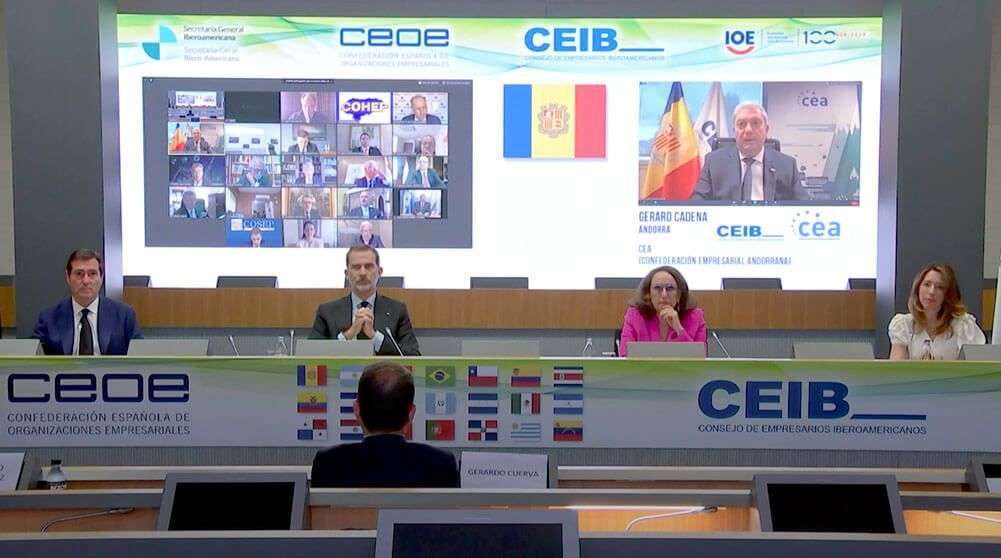
The meeting entitled 'More Latin America, our common enterprise' was also attended by Antonio Garamendi, President of the CEOE, Rebeca Grynspan, Secretary General of Latin America, and Reyes Maroto, Spanish Minister of Industry, Trade and Tourism, who joined the debate in person at the CEOE headquarters.
"We need a more united Latin America, with more ambition, a Latin America that is much more aware of its links and opportunities as one of the great regions of the future and we must achieve, with the commitment of all, a more prosperous and cohesive, innovative, sustainable and inclusive space," underlined king Felipe VI in declarations included in the press release. The monarch took advantage of his speech to send a message full of encouragement to Latin American entrepreneurs, who are living the current circumstances with effort and fortitude.
Felipe VI indicated that we need a more united Latin America, with more ambition; a Latin America that is much more aware of its links and opportunities as one of the great regions of the future, founded and sustained by such obvious factors as human capital and advantages such as its natural resources; but, above all, by a shared culture and a fundamental element: our great related languages, Spanish and Portuguese, which form the backbone of a large multinational area of 800 million people in some thirty countries on all continents. And we must retain with us all that talent which is the future of the generations to come.
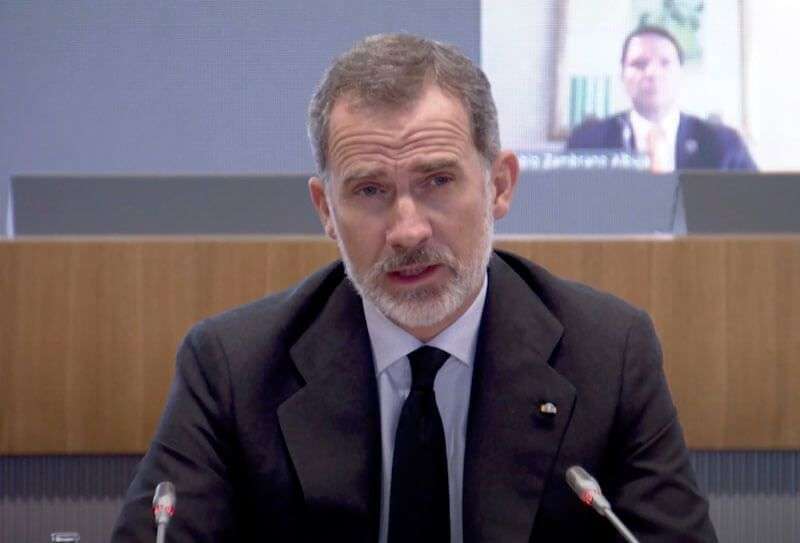
The Ibero-American Secretary General, Rebeca Grynspan, has highlighted the importance of committed leadership and social dialogue and has called for a new social pact, not only to overcome the crisis, but to chart a more promising and just future. Grynspan has shown her hope that all these actions will provide the spearhead for a new social pact, a new vision of the public, which goes beyond the merely state and which represents the only real solution at the present conjuncture. Some people say that this is the biggest crisis since the 1930s, but Grynspan has also cut back that those were the years of the New Deal in the United States and the Welfare State in England. The people, she said, knew how to overcome their divisions and "combine the plural of us instead of conjuring up the blackmail of those" and, for this reason, she hoped that at this juncture the countries of the Latin American community could do something similar.
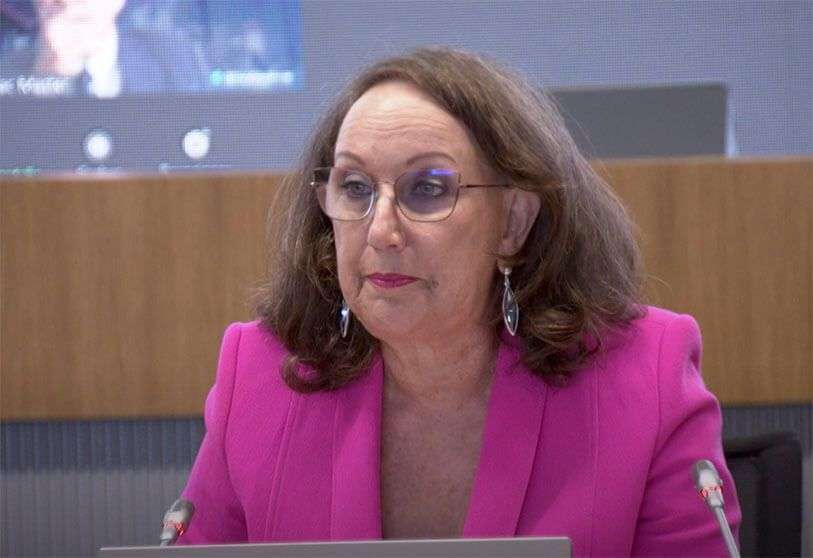
For his part, the President of the CEOE, Antonio Garamendi, thanked king Felipe VI for his presence at the meeting. "It shows the strong support for the strategic relationship of our countries and their companies, always helping to build bridges between economies and cultures," he said.
Garamendi stressed the importance of this meeting to discuss the opportunities and challenges posed by the crisis generated by the COVID-19 from a business perspective, in what has come to be called "the day after". A reality, he emphasized, that has shown the capacity of commitment, management, logistics and resource mobilization that entrepreneurs have. On the other hand, he pointed out that "social dialogue is the best infrastructure a country has" and it must be based on trust, reciprocity, responsibility and a sense of state. Garamendi explained that the success of economic recovery will depend, to a large extent, on identifying and solving problems jointly, modernising the productive fabric and facing the challenges of digitalisation and climate change.
The presidents of the business organizations that are members of the Council of Ibero-American Businesspeople of Andorra (CEA), Gerard Cadena; Argentina (UIA), Daniel Funes de Rioja; Bolivia (CEPB), Luis Fernando Barbery, also participated in the meeting; Chile (CPC), Juan Sutil; Colombia (ANDI), Bruce Mac Master; Costa Rica (UCCAEP), Álvaro Sáenz; Ecuador (CIG and CIP), Caterina Costa and Pablo Zambrano; El Salvador (ANEP), Javier Ernesto Siman; Spain (CEOE), Antonio Garamendi; Guatemala (CACIF), Nils Leporowski; Honduras (COHEP), Juan Carlos Sakaffi; Mexico (COPARMEX and CONCAMIN), Gustavo de Hoyos and Francisco Cervantes; Nicaragua (COSEP), José Adán; Panama (CONEP), Julio de Lastra; Paraguay (FEPRINCO), Gustavo Volpe Peru (CONFIEP), María Isabel León de Céspedes; Portugal (CIP), Antonio Saraiva; Dominican Republic (COPARDOM), Juan Alfredo de la Cruz; Uruguay (CNCS and CIU), Julio Lestido and Gabriel Murara, and Venezuela (FEDECÁMARAS), Ricardo Cusanno.

